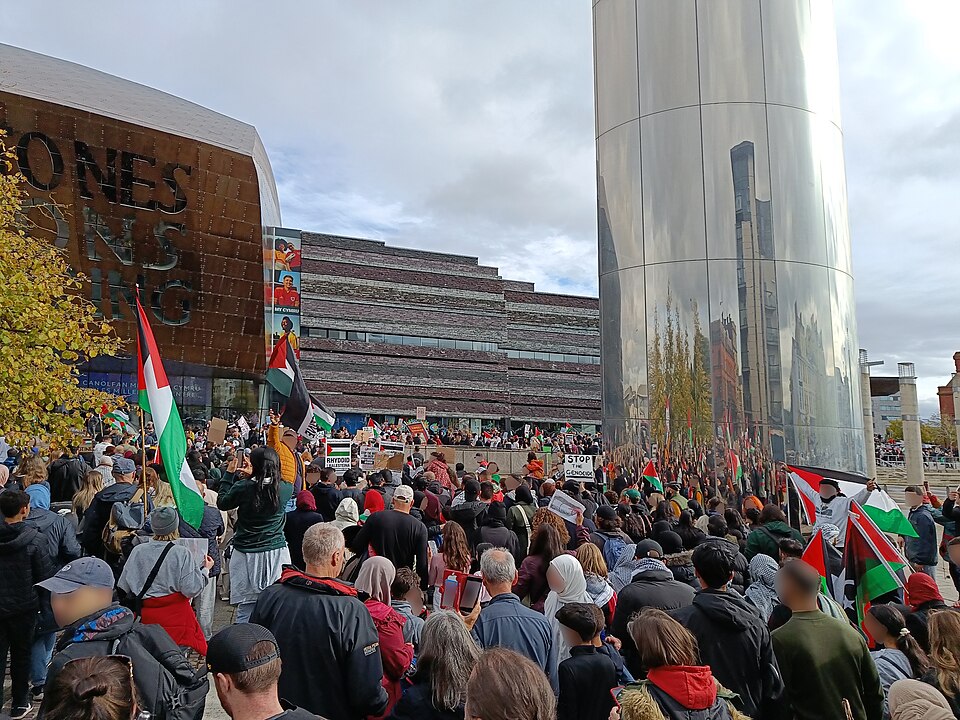
The number of people arrested during Saturday’s demonstration in London in support of the banned group Palestine Action has climbed to 532, according to the Metropolitan Police.
Most arrests — 521 in total — were made in Parliament Square, where protesters displayed placards backing Palestine Action. One arrest took place at a separate Palestine Coalition march. Police said six people were arrested for assaulting officers, two for breaching Public Order Act conditions, one for obstructing a constable, and one for a racially aggravated public order offence.
The protest was the largest since the government outlawed Palestine Action in July under the Terrorism Act. Membership or public support for the group is now a criminal offence carrying a potential prison sentence of up to 14 years. The Met said it was also the highest number of arrests made in a single day by the force in the past decade.
The average age of those detained was 54, with the largest age group being 60–69-year-olds, accounting for 147 arrests. The Met’s counter-terrorism unit is now preparing case files to pursue charges.
Saturday’s demonstration, organised by Defend Our Juries, saw hundreds of protesters reveal placards reading “I oppose genocide. I support Palestine Action” as Big Ben struck 13:00 BST. Some left with officers voluntarily, while others who stayed put were carried away.
Those who gave their details were released on bail with conditions banning them from future Palestine Action-related protests. However, 212 people who refused to identify themselves or were already on bail were taken into custody. As of Sunday afternoon, 18 remained in detention but were expected to be released later that day.
Security analyst Lizzie Dearden told the BBC the Terrorism Act was originally designed to target armed groups like the IRA or al-Qaeda, and its use against Palestine Action marks a new application of the law.
Home Secretary Yvette Cooper defended the ban, citing “serious attacks” and planned actions by the group. Amnesty International’s chief executive Sacha Deshmukh, however, criticised the arrests as “deeply concerning,” warning that UK terrorism laws are overly broad and risk curbing free expression.
In July, the High Court allowed Palestine Action to challenge its proscription, with lawyers arguing the ban violates free speech and stifles legitimate protest. The government maintains that the ban specifically targets a group engaged in serious criminal activity. Photo by OwenBlacker, Wikimedia commons.


































